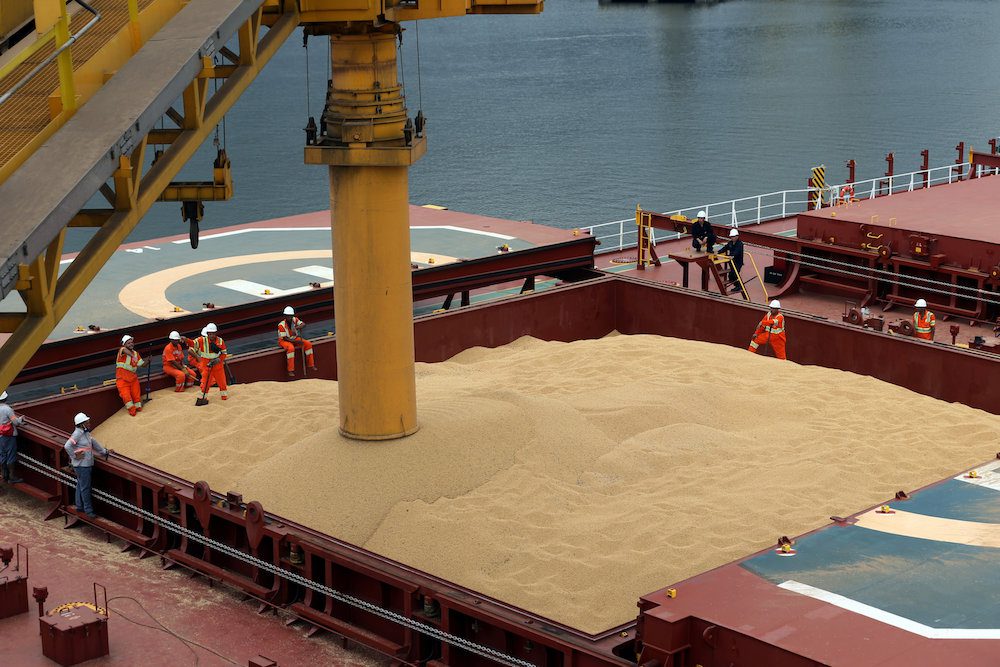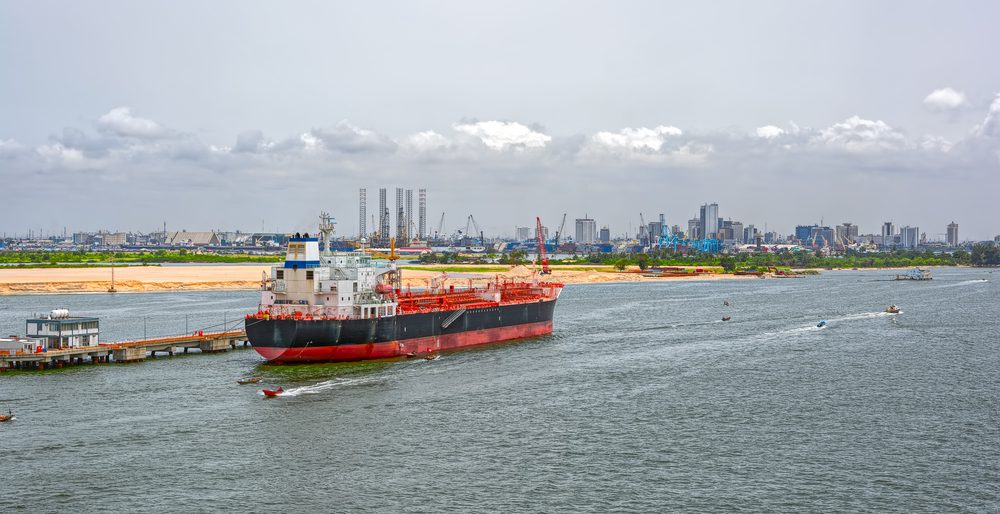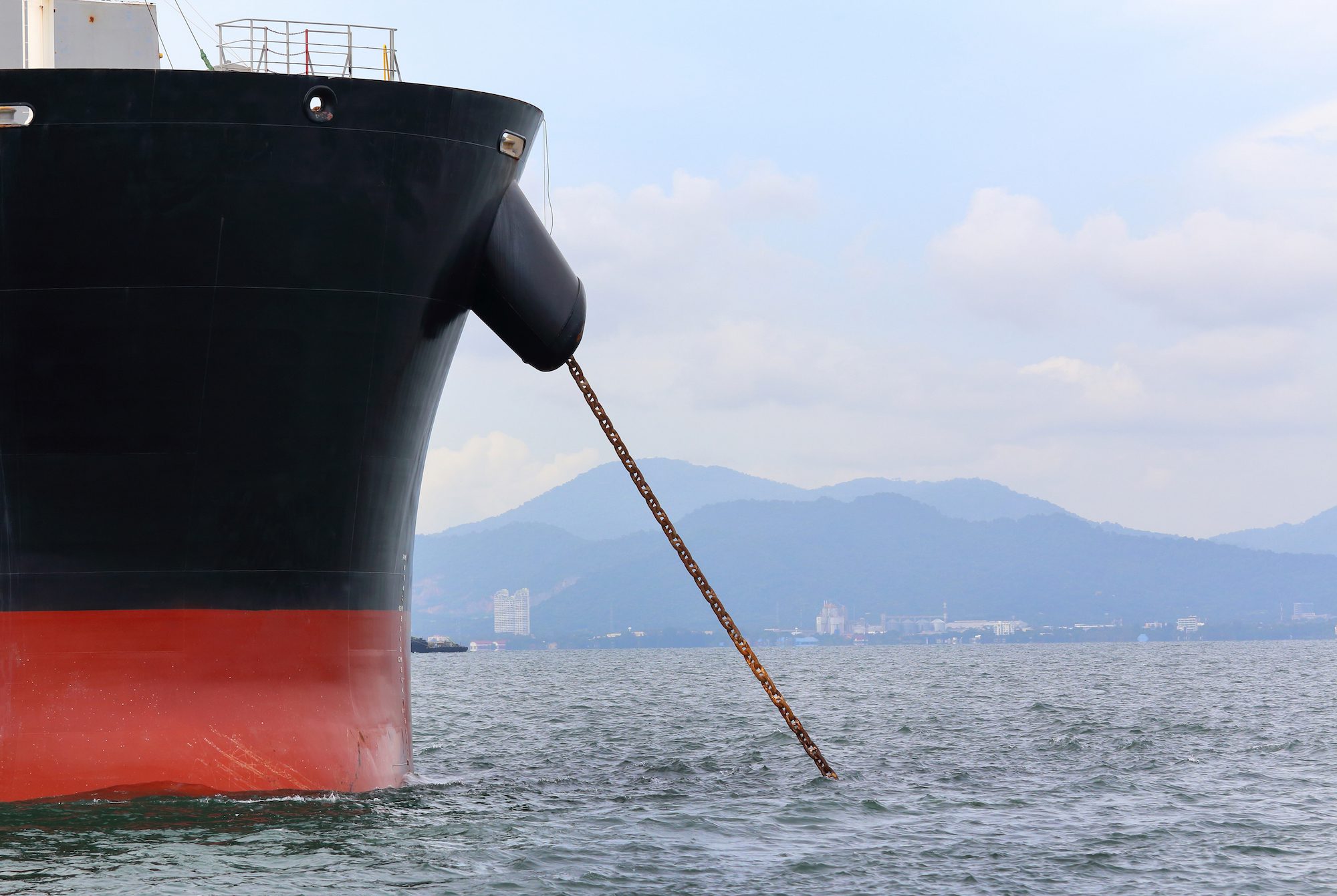By Naveen Thukral and Dominique Patton
SINGAPORE/BEIJING, Oct 18 (Reuters) – China’s soybean stocks are set to tighten further as delays in shipments from the United States deepen shortages of key animal feed ingredient soymeal, keeping prices at record highs.
Ships carrying up to three million tonnes of U.S. soybeans which were scheduled to arrive this month and in November are likely to get delayed by about 15 to 20 days, two soybean traders told Reuters.
While U.S. cargo delays are likely to weigh on benchmark Chicago soybean futures Sv1, tight soymeal supplies will buoy Chinese hog prices. Prices in Guangdong, one of China’s largest pork consuming regions, hit one-and-half year highs this week and have risen nearly 60% since March.
“China’s soymeal supply is very tight at the moment and it is getting worse with U.S. cargoes arriving late,” said one Singapore-based trader at an international trading company, which owns soybean crushing plants in China.
“Soymeal prices are going to remain high as this tight supply situation will continue until the year-end,” the trader added.
In 2022/23, China, by far the world’s biggest soybean importer, will ship an estimated 98 million tonnes of the oilseed, according to the U.S. Department of Agriculture, which is crushed to make cooking oil and protein-rice raw material for animal feed soymeal.
“Hog farmers are looking for alternative protein sources as they have reduced the amount of soymeal in feed,” said a second Singapore-based trader. “This is going to support pork prices.”
China’s consumer prices rose to 29-month highs in September, driven mainly by pork prices.
Higher hog prices have also boosted demand to raise more pigs and raise them to heavier weights, increasing demand for animal feed.
Low water level in the Mississippi river this year has hit transport of grains, fertiliser and other commodities on the critical waterway.
U.S. soybean exports are trailing their normal autumn pace despite rising supplies from an accelerating harvest, as low river levels have slowed the flow of grain barges to export terminals, according to U.S. Department of Agriculture (USDA) data issued on Monday.
Shippers have reduced barge tows by nearly 40% and cut the amount of grain loaded in each barge to prevent groundings in drought-parched waterways. The Army Corps of Engineers, meanwhile, has been dredging sections of the Mississippi and Ohio rivers to deepen their shipping channels.
“Chinese buyers did not cover their requirements for enough beans in July, August and September,” said a Beijing-based trader with an international trading firm.
“The price was very high so they hesitated to take beans, and just covered 80% of the shipments. Then we had the Mississippi river issue. Cargoes supposed to be loaded in October will roll to November.”
Soymeal cash prices in Dongguan, Guangdong province JCI-SBM-DNGN climbed to an all-time high of 5,680 yuan per tonne last week, compared with 3,500 yuan ($486.6) at this time last year.
China’s soybean imports are likely to fall to their lowest in more than two years this month, having dropped in September and August.
($1 = 7.1926 Chinese yuan)
(Editing by Jacqueline Wong)
(c) Copyright Thomson Reuters 2022.

 Join The Club
Join The Club












